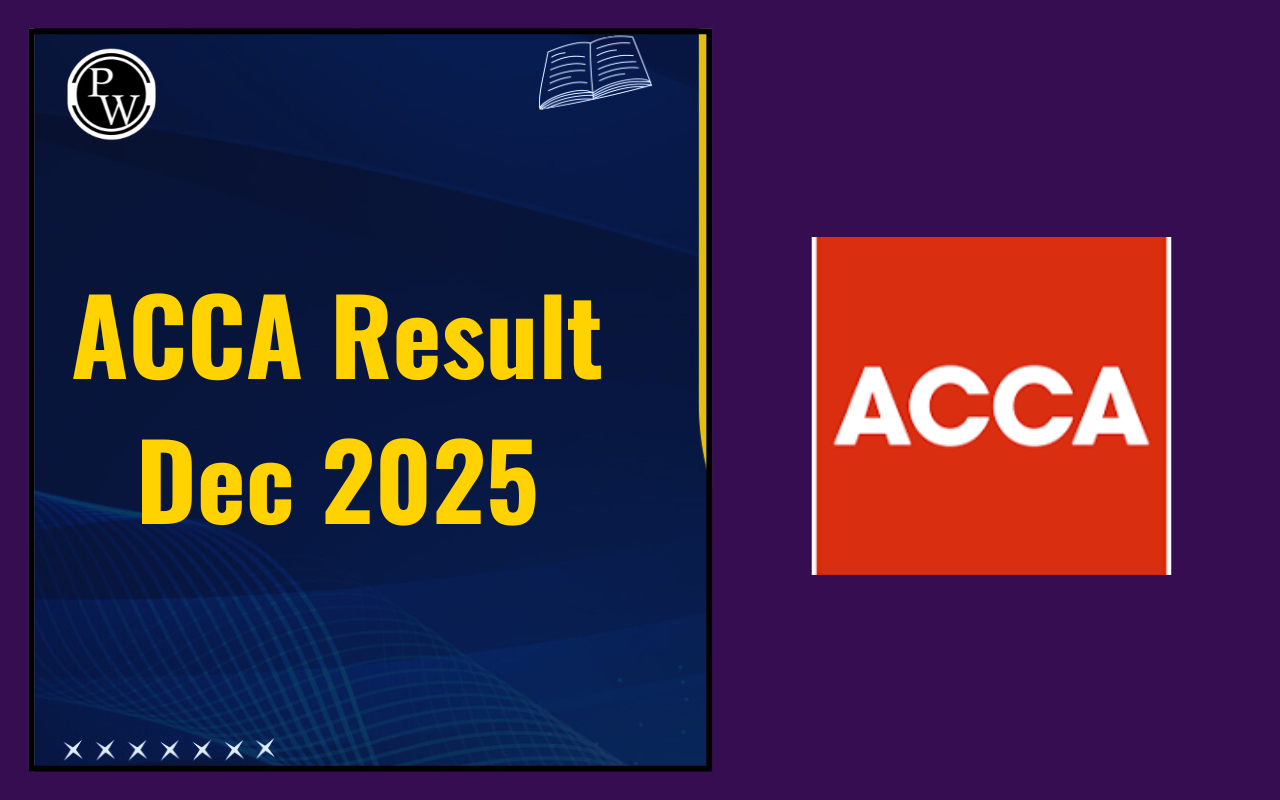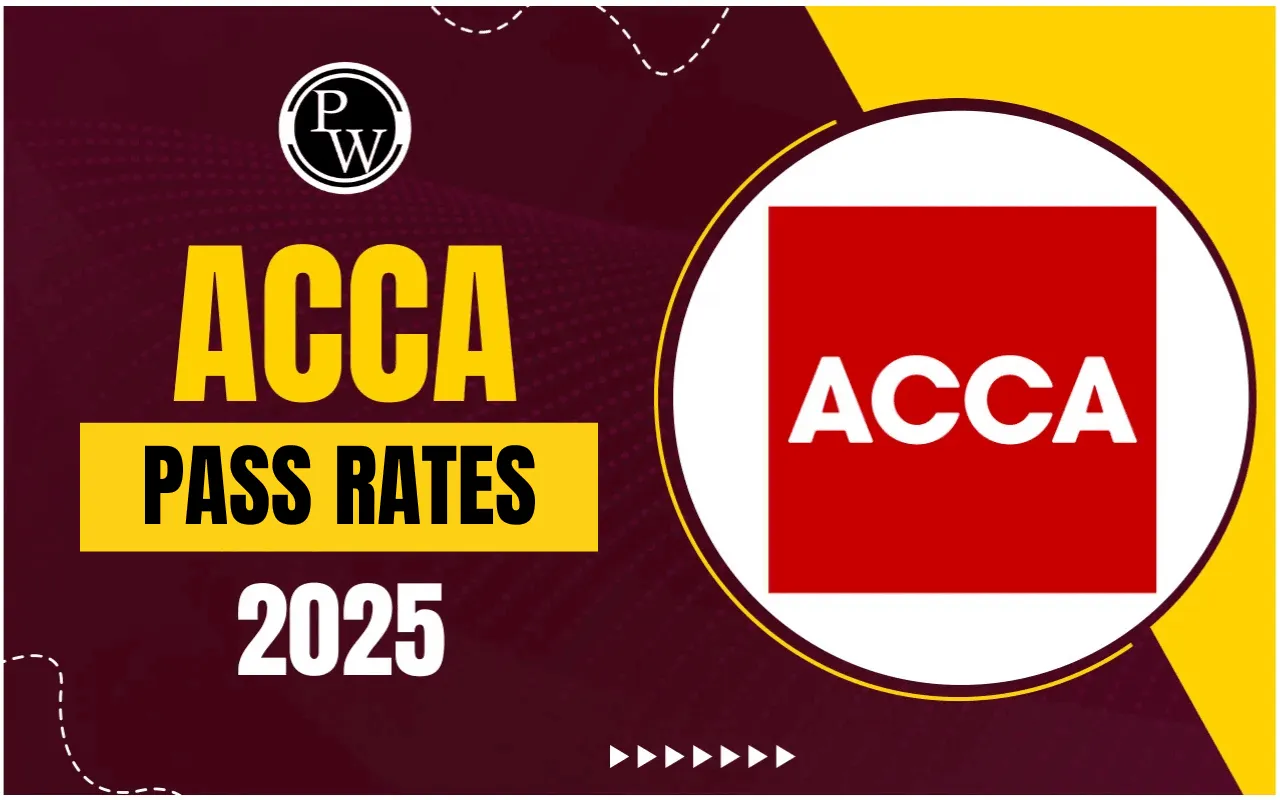
The fields of finance and accounting are closely linked, with many finance courses serving as a foundation for accounting studies. To become a globally recognized accountant, it’s crucial to have knowledge in both areas. A great example of this combination is pursuing an MBA in Finance alongside an ACCA qualification.
However, the journey to becoming a qualified accountant is rigorous and challenging. Achieving a global certification like ACCA requires significant effort. Fortunately, having an MBA in Finance can make the process a bit easier. Additionally, in India, MBA Finance graduates can benefit from ACCA exemptions, easing their path to certification.
Read on to discover more about ACCA exemptions for MBA Finance holders.
What is ACCA?
ACCA stands for the Association of Chartered Certified Accountants, a global professional body for accountants. Whether you're looking to start a career in finance or are already an experienced professional, the ACCA certification can significantly boost your career.
With an ACCA qualification, you'll gain essential leadership skills and open doors to prestigious roles with competitive salaries.
ACCA Qualification
ACCA is one of the most respected accounting qualifications worldwide. It equips students with the necessary skills, knowledge, and values to succeed in the accounting profession.
To pursue the ACCA qualification, candidates need two A Levels and three GCSEs in five different subjects, including Mathematics and English. This is a master's-level course, and once completed, you become an official ACCA member.
Also Check: ACCA Course after 12th Commerce?
How to Achieve the ACCA Qualification
To earn the ACCA qualification, you need to:
-
Pass up to 13 exams, depending on your previous qualifications and experience.
-
Gain three years of practical work experience in a finance or accounting role.
-
Complete the Professional Skills and Ethics module.
ACCA Exemptions
ACCA exemptions allow you to skip certain ACCA Foundations or Qualification exams based on your previous qualifications or degrees. This means you can focus only on the exams you need to take, helping you move forward in the course faster and stay ahead of others.
ACCA follows a strict process for granting exemptions, ensuring that your prior knowledge and skills align with the requirements of the ACCA qualification.
ACCA Exemptions for MBA Finance in India
If you have an MBA in Finance, you can benefit from ACCA exemptions, allowing you to skip certain exams and start your certification from an advanced level based on your previous qualifications.
Without a finance or accounting background, you would need to take all ACCA exams from the start. However, having an MBA in Finance opens up the possibility of exemptions, reducing the time and effort required to complete the ACCA qualification.
Generally, if you hold an MBA in Finance, you may be exempt from F1 to F9 exams in the Knowledge and Skills module, which are the foundational papers of ACCA. This means you could potentially claim up to three exemptions.
However, even with an MBA in Finance, you’ll still need to take the P1, P2, and P3 papers, along with two optional papers from P4-P7. This significantly reduces the number of exams you need to take, speeding up your journey to completing the ACCA certification.
How the Combination of ACCA and MBA in Finance Works?
Combining ACCA and MBA in Finance creates a powerful blend of skills that can propel your career to new heights.
While an MBA provides a strong foundation in business administration, focusing on management and strategic decision-making, ACCA dives deep into the technical aspects of accounting, finance, and global standards. This combination gives you a comprehensive understanding of both the practical and strategic sides of the financial world.
An MBA in Finance is business-oriented, teaching you how to navigate the financial market and providing essential management skills. It covers core business concepts and helps you develop leadership qualities.
On the other hand, ACCA focuses on the fundamentals of accounting, including taxation, audit procedures, and accounting standards, equipping you with the expertise needed to excel in the accounting profession.
If you're considering both qualifications, it's best to complete your MBA in Finance first and then pursue ACCA. Doing so not only grants you ACCA exemptions but also makes your learning journey smoother. You'll already be familiar with accounting and finance terminologies, which will make tackling ACCA exams less challenging.
This approach helps streamline your path to becoming a qualified professional while enhancing your overall career prospects.
| Also Check: |
| How to Attempt ACCA MCQs Smartly for Maximum Marks? |
| Can You Finish ACCA in Two Years? |
| Is ACCA Easy to Crack? |
| Common Mistakes of ACCA Students |
ACCA Exemptions FAQs
What are ACCA exemptions for MBA Finance graduates?
How can an MBA in Finance help in ACCA?
Do I need to take all ACCA exams if I have an MBA in Finance?
How long does it take to complete ACCA with an MBA in Finance?










